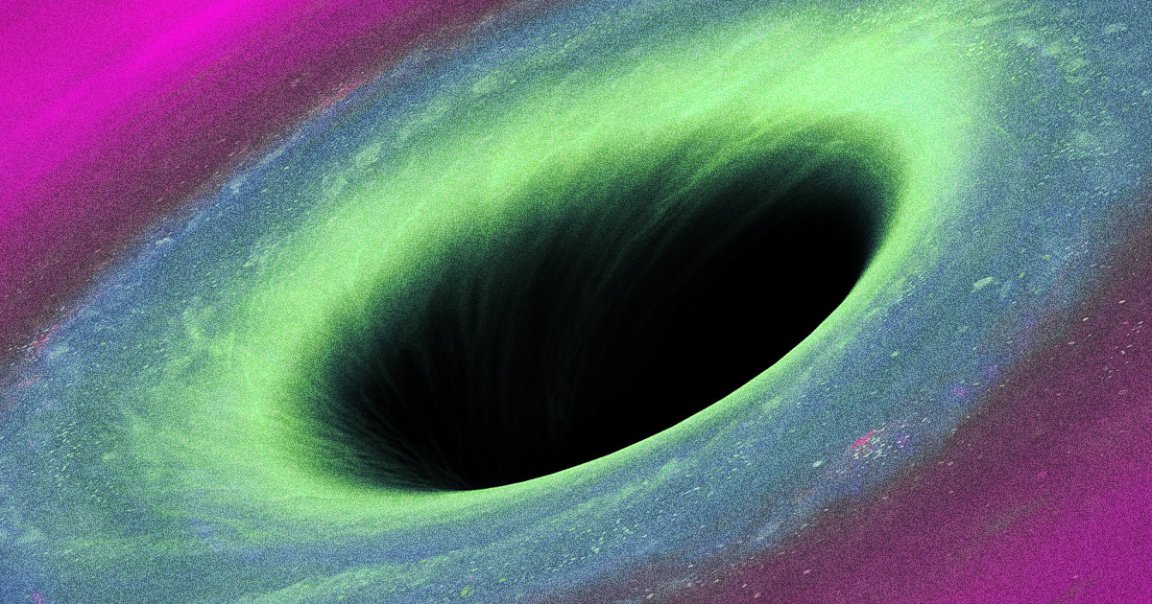
Strange Universe
Like a parasite sucking the life from its host, an international group of scientists have determined that a supermassive black hole is starving a distant galaxy of essential materials to make new stars.
Because it’s not making new stars, the galaxy GS-10578, also known as Pablo’s Galaxy, is basically “dead,” said the scientists, led by Cambridge University in the United Kingdom, in a statement about their research, which was published in the journal Nature Astronomy.
From prior observations, the team knew the galaxy was in a “quenched state” — meaning new stars weren’t being born — and yet these observations date back to the early years of the universe, just two billion years after the Big Bang.
“In the early universe, most galaxies are forming lots of stars, so it’s interesting to see such a massive dead galaxy at this period in time,” said study coauthor and Cambridge astrophysicist Roberto Maiolino in the statement.
The scientists had already suspected that there was a link between the galaxy’s lack of new stars and the black hole at its center, but recent data from NASA’s James Webb Space Telescope confirmed the connection.
Telescope data revealed that the black hole at the center of the galaxy was forcing it to expel previously undetected dark clouds of gas at a rate greater than what the galaxy needs to make new stars.
“We found the culprit,” co-lead author and Cambridge astrophysics researcher Francesco D’Eugenio said. “The black hole is killing this galaxy and keeping it dormant, by cutting off the source of ‘food’ the galaxy needs to form new stars.”
Black Hole Sun
Another curious thing about this galaxy is that it illustrates an unexpected scenario about how galaxies can meet their end. Previous simulations had painted a more dramatic finale: galaxies that stop making stars go through a chaotic process in which they eventually lose their shape.
But this galaxy, about the size of our Milky Way, is still keeping its distinctive disc shape as its stars move in an “orderly” fashion, according to the scientists.
“We knew that black holes have a massive impact on galaxies, and perhaps it’s common that they stop star formation, but until Webb, we weren’t able to directly confirm this,” Maiolino said. “It’s yet another way that Webb is such a giant leap forward in terms of our ability to study the early universe and how it evolved.”
More on black holes: Astronomers Struggle to Explain Why Ancient Black Holes Are Nowhere to Be Found